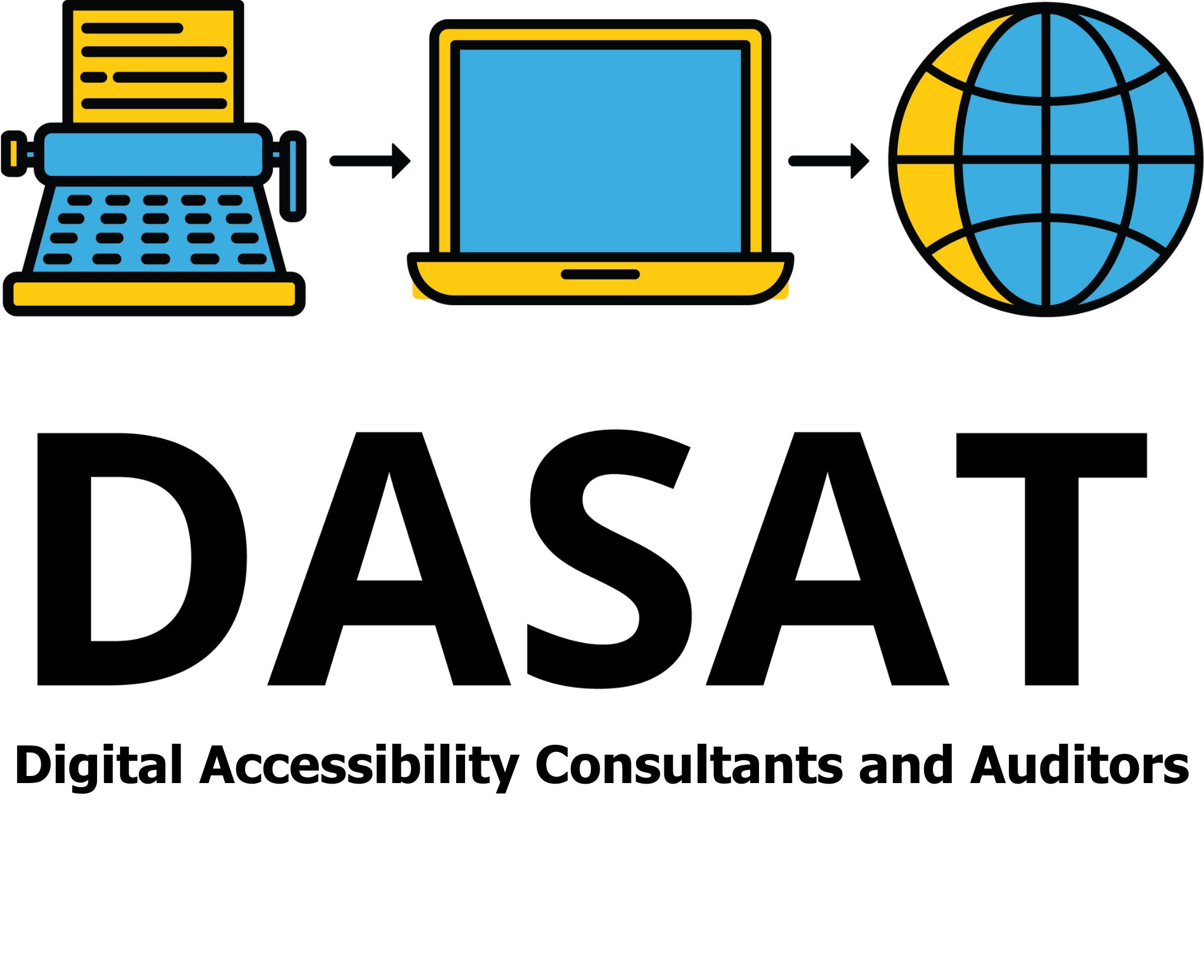
Who are the Advocates and Champions of Change in Australia for Disability?
Australia has many powerful voices working for the rights of people with disabilities. These advocates have spoken up, pushed for fair laws, and changed the way disability is understood. Their work has opened doors and broken down barriers in business, schools, workplaces, public spaces and the arts. This article highlights some of Australia’s most well-known disability advocates, including early campaigner John Roarty, and how their efforts continue to shape a more inclusive country.
The Digital Access Show highlights some of the advocates that are working to improve the life of people with disability.

John Roarty
John Roarty spent most of his life in institutions after being born with cerebral palsy in 1921. Denied access to education and community life, he lived under strict care in places like the “Home for Incurables” in Sydney. But John found his voice through writing.
His 1981 autobiography, Captives of Care, told the hidden truth about institutional life for people with disabilities. It was later made into a film, with disabled actors playing their own roles. His story shocked many and helped bring attention to the rights of people living in care. John’s work pushed for change at a time when very few were listening.
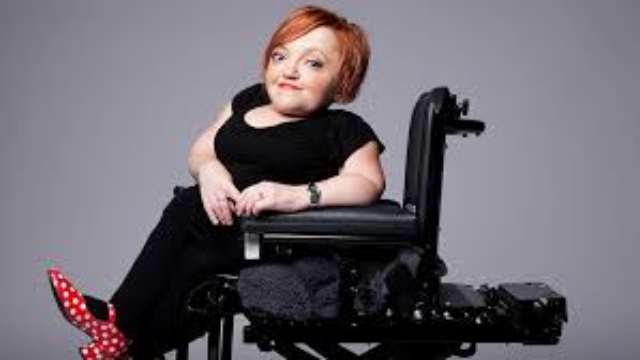
Stella Young Challenging Attitudes with Humour
Stella Young was a writer, speaker, and comedian who never let her disability define her. Born with brittle bone disease, she used a wheelchair and proudly identified as disabled. Stella challenged the idea that disabled people should be treated as heroes just for going about their day.
Her TED Talk, I’m Not Your Inspiration, Thank You Very Much, reached millions and made people rethink how they view disability. Stella believed that respect, not pity, should shape public attitudes. She passed away in 2014, but her message lives on in classrooms, policy rooms and media conversations across the country.

Dylan Alcott
A Champion On and Off the Court
Dylan Alcott is a Paralympic gold medallist and tennis star who has used his fame to advocate for inclusion. Born with a spinal tumour, he became a world-class athlete in both basketball and tennis. In 2022, he was named Australian of the Year.
Dylan founded the Dylan Alcott Foundation to support young Australians with disabilities and launched AbilityFest, a fully accessible music festival. He talks openly about dating, work, confidence, and accessibility. His message is clear: with the right support, people with disabilities can do anything.

Carly Findlay
Proud and Visible
Carly Findlay is a writer and disability advocate with a rare skin condition called ichthyosis. She speaks out about the importance of being visible and proud, especially for people with facial differences.
Carly’s work includes writing books, speaking at events, and running campaigns online and in the community. She believes that inclusion starts with representation , and that people with disabilities deserve to be seen in public life, media, and the arts. Her message encourages confidence and pride.
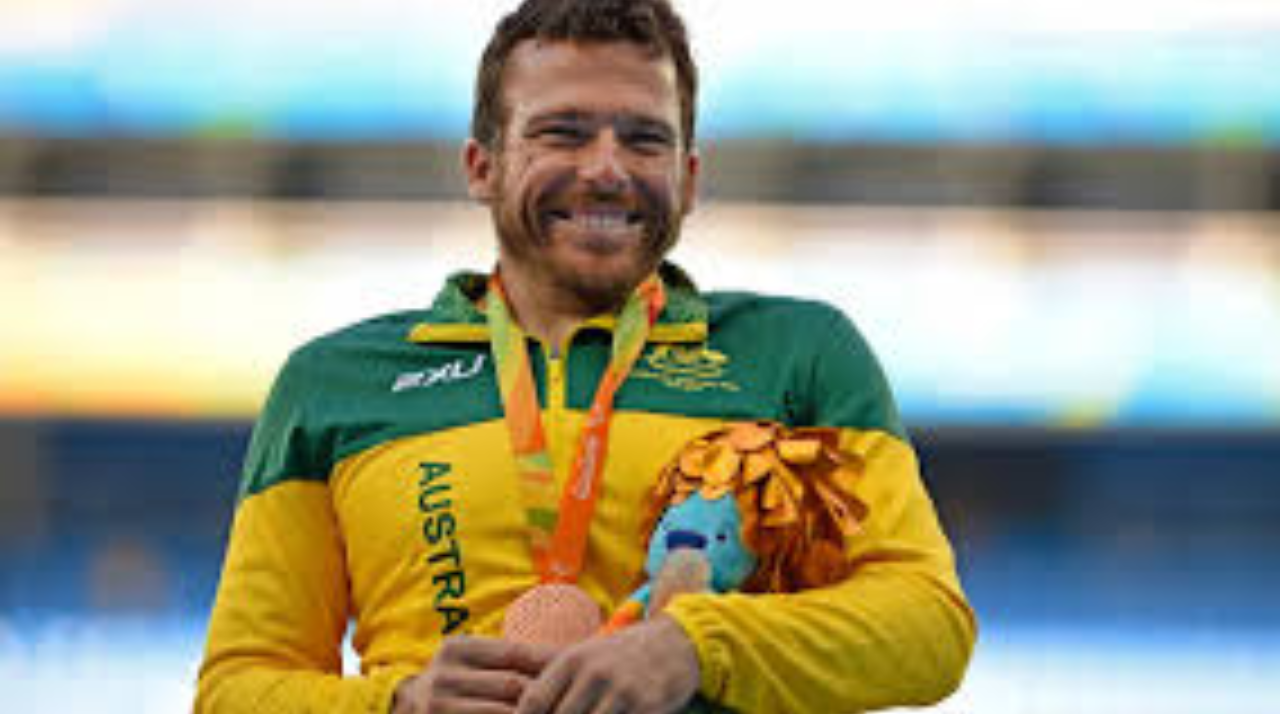
Kurt Fearnley
Strength on and off the Track
Kurt Fearnley is one of Australia’s best-known Paralympians. Born without part of his spine, he has crawled the Kokoda Track, won multiple marathons, and competed in wheelchair racing around the world.
Beyond sport, Kurt works to improve disability services and access. He has served on national advisory councils and is a strong voice for equality. He often says what matters most is giving people the chance to succeed, no matter their background or body.
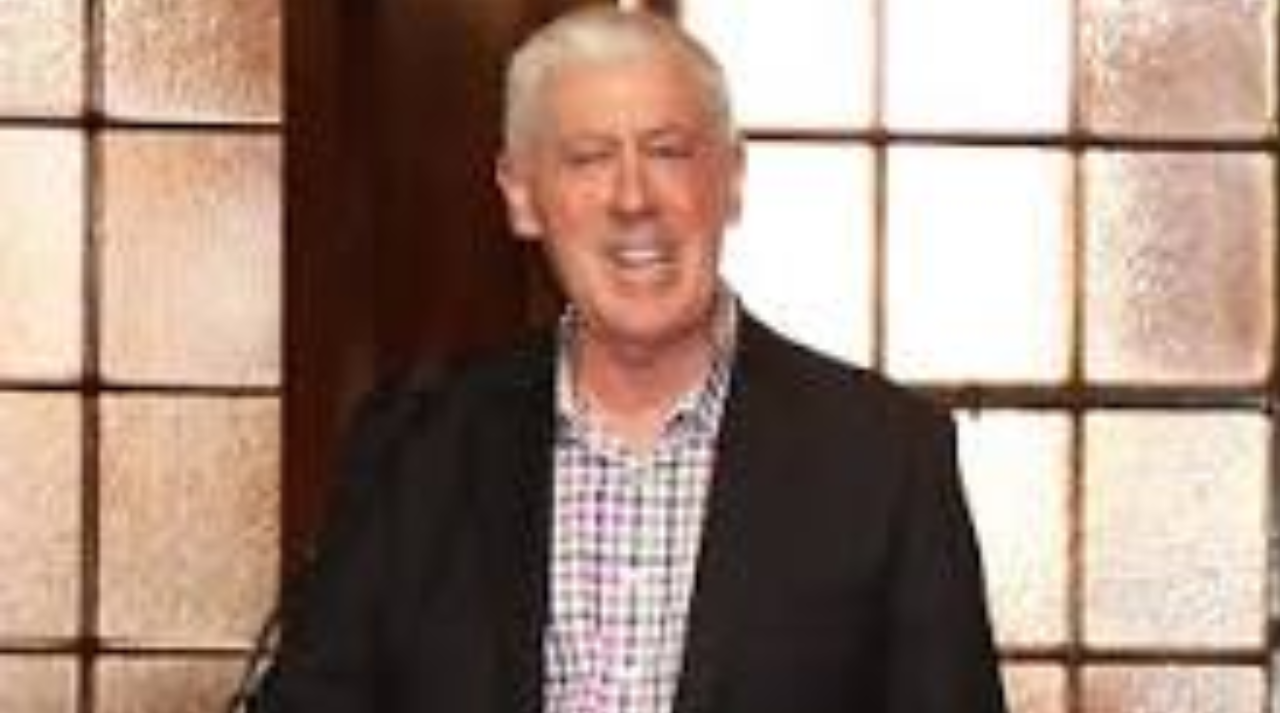
Graeme Innes
Making Laws Fairer
Graeme Innes is a lawyer and lifelong advocate for equal rights. He was Australia’s Disability Discrimination Commissioner for nearly a decade and helped shape laws around accessibility, employment, and public services.
Graeme, who has a severe vision impairment, has taken legal action against organisations that failed to meet basic access standards. He continues to push for policies that give people with disabilities equal opportunities. His work proves that change often starts with holding systems to account.
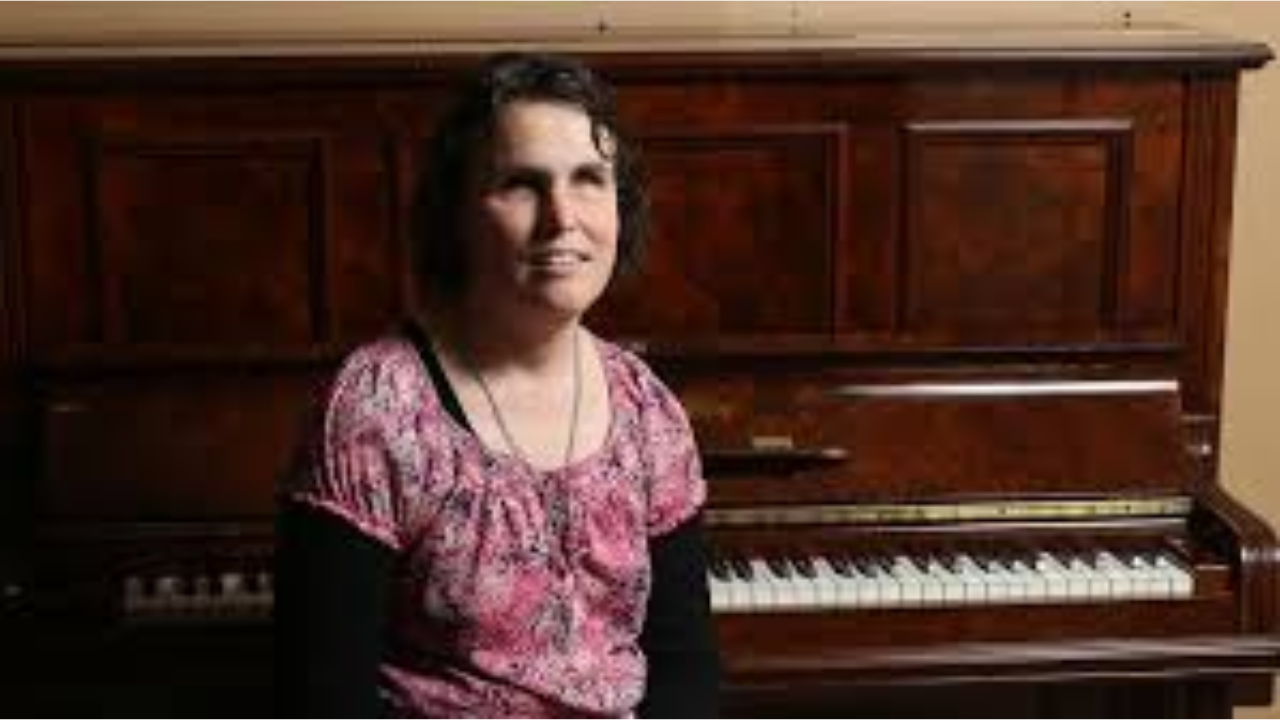
Emma Bennison
Leading with Music and Policy
Emma Bennison is a blind musician, arts leader, and disability rights advocate. She has worked with national organisations like Blind Citizens Australia and Arts Access Australia to support creative opportunities and practical inclusion.
Emma’s focus has been on improving education, transport, and the arts for people with disabilities. She brings her passion for performance into her advocacy, showing that access to creativity is just as important as access to services.
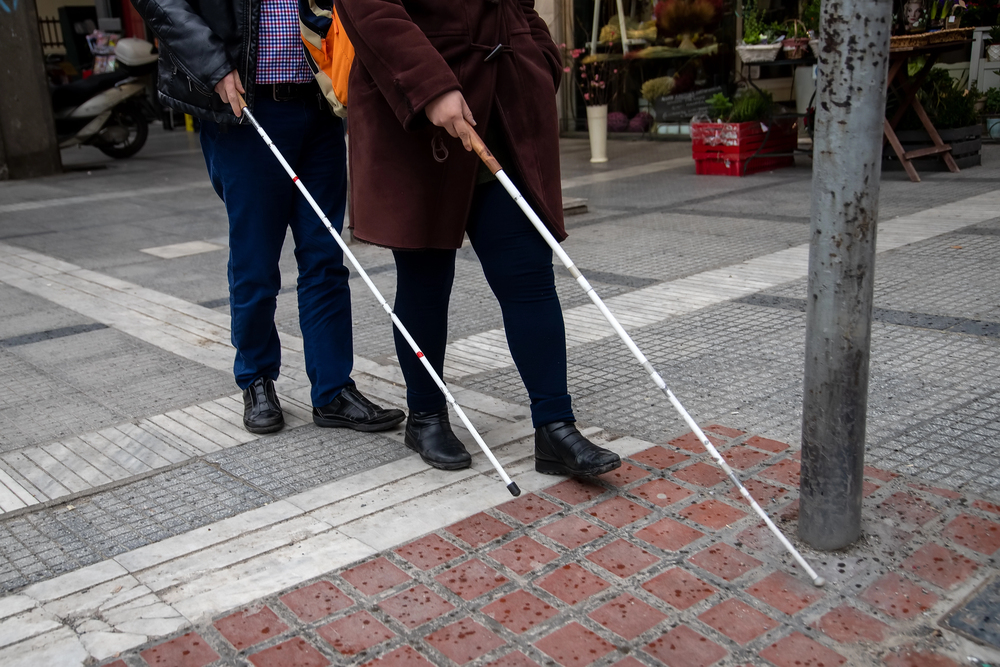
Laura Henley
Making Arts and Media Accessible
Laura Henley is a strong advocate for accessible media, especially for Australians who are blind or have low vision. She has played a key role in pushing for audio description to be available on television, in cinemas, and at live performances. Audio description is a spoken guide that explains what’s happening on screen or stage, helping people who can’t see the action to follow along. Laura’s work focused on making sure this service is offered as a standard, not just a nice extra. Through public speaking, community campaigns, and work with arts organisations, she’s helping to make cultural spaces more inclusive for everyone.
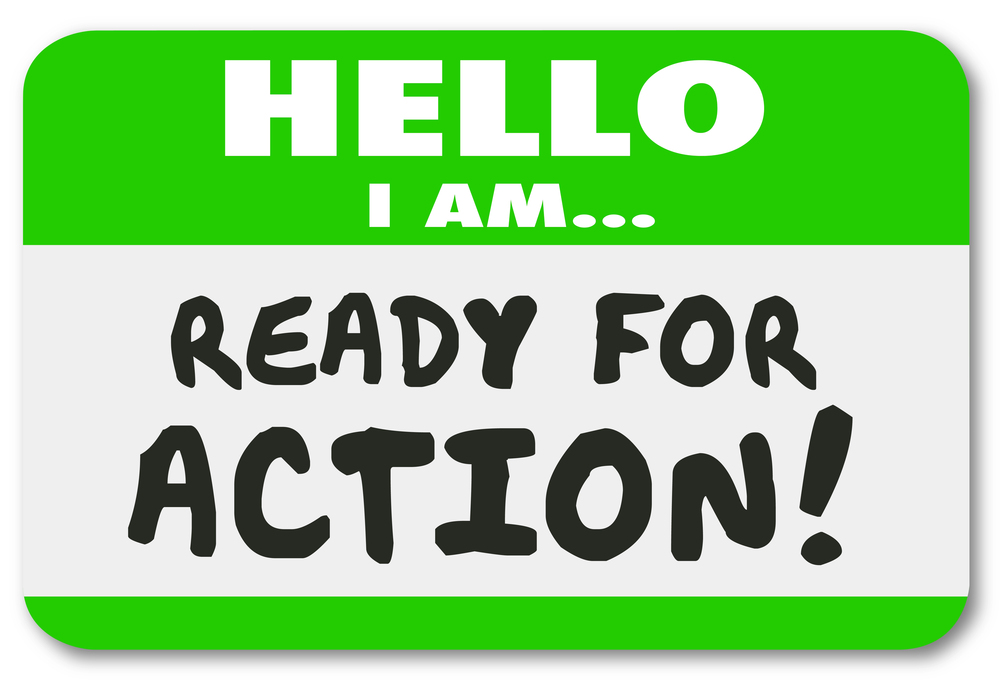
Advocacy Still Matters
Each of these people has played an important role in improving the lives of people with disability. They are role models for everyone in standing up for their beliefs. They’ve shown that people with disabilities are not a problem to solve, but part of every community, every industry, and every conversation.
They have helped improve laws, shift public attitudes, and open spaces that were once closed off. But this work isn’t complete. Access to information, jobs, education, health care and housing is still unequal for many Australians with disabilities.
Who inspires you to speak up? How can you help build a more inclusive future?
